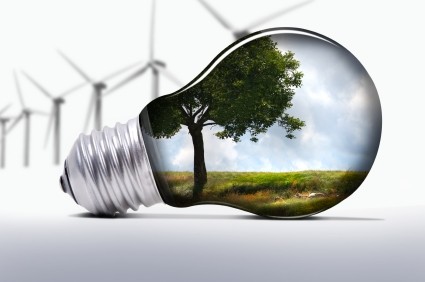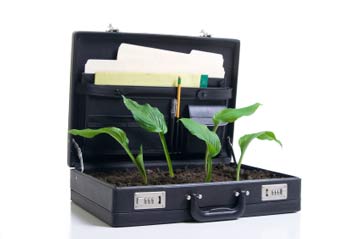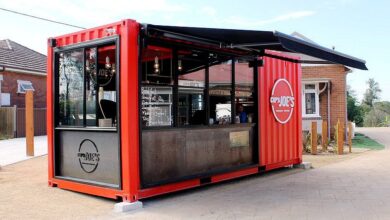
It seems that a lot of businesses are about going green all of a sudden since we’re meant to be saving the planet bust some business do not really understand what it means to be green or what it means to be fully green.
We use the term green to refer to a lot of things these days even cheaper prices for products are considered to be “going green”.
In a similar way green business definitions are just as broad. But when it comes to large business corporations, what does it really mean to be a fully green business?
Green businesses choose to operate fully on a green basis or under the “going green” parameters. They work to adapt their policies, practices, and principles so that they produce a positive result for the environment and in the bigger picture the earth and the people living on it–whether they’re trying to solve an environmental or societal problem, or they are attempting to produce products that have a smaller carbon footprint and at the end of the day do more good for the earth than harming it.
In practicality to be a fully green business your business should be operating under the following parameters:
Water conservation:
A green business understands and knows that fresh water is pretty much limited on your planet. There is more water shortage on our earth than there is electricity , and we all know which one is more vital for our survival etc. In all the steps of the manufacturing and distribution process in your business, efforts should be made to reduce the consumption of water and the company should strive to produce products that consume less water during their lifespan of the product as well.
Energy conservation:
What goes hand in hand with the concerns of water conservation, another green business opportunity is energy conservation. Most sustainable businesses recognise that climate change will have a profound impact on our world in numerous ways, including business success or failure. Those green businesses that build energy conservation into their long-term plans will not only save money, they will protect themselves against the risk of rising energy costs, and will demonstrate to their consumers that their interest in taking climate change seriously. For manufacturers this will also mean both energy savings on the factory floor as well as an emphasis on producing products that require less energy during production.
Solid waste reduction and recycling:
The quantity of waste produced during the manufacturing process should be limited in any way possible. Manufacturing processes that minimise the waste from the start and that have plans in place for recycling and reusing any waste that is created during production should be the foundation of any green business. The finished product should also reduce waste production and intern avoid creating more waste. It would also be advisable for the packaging of the product to be recyclable.
Pollution prevention:
Last but not least, green business practices should also include pollution prevention. Many manufacturing processes use toxic ingredients and excrete those toxins into the environment the most popular form being air pollution. A green business will work to reduce the toxins that go into their products, minimise toxins at the end of the process, and create a product that can function toxin-free.
A green business mainly focuses on going above and beyond by working to give back to the environment and communities by devising and producing products that actually help the environment and save costs intern. Whether a green business chooses to manufacture highly-efficient solar panels or engineer a new water filtration system for those who do not receive clean water from a tap, the world needs more products that will not only have less of an impact, but that will actually improve the planet.
This Youth Village SA Article is Powered by Mara Mentor OnlineDreaming of starting a business?Then Discover Experienced Mentors for your Start- up here. |






